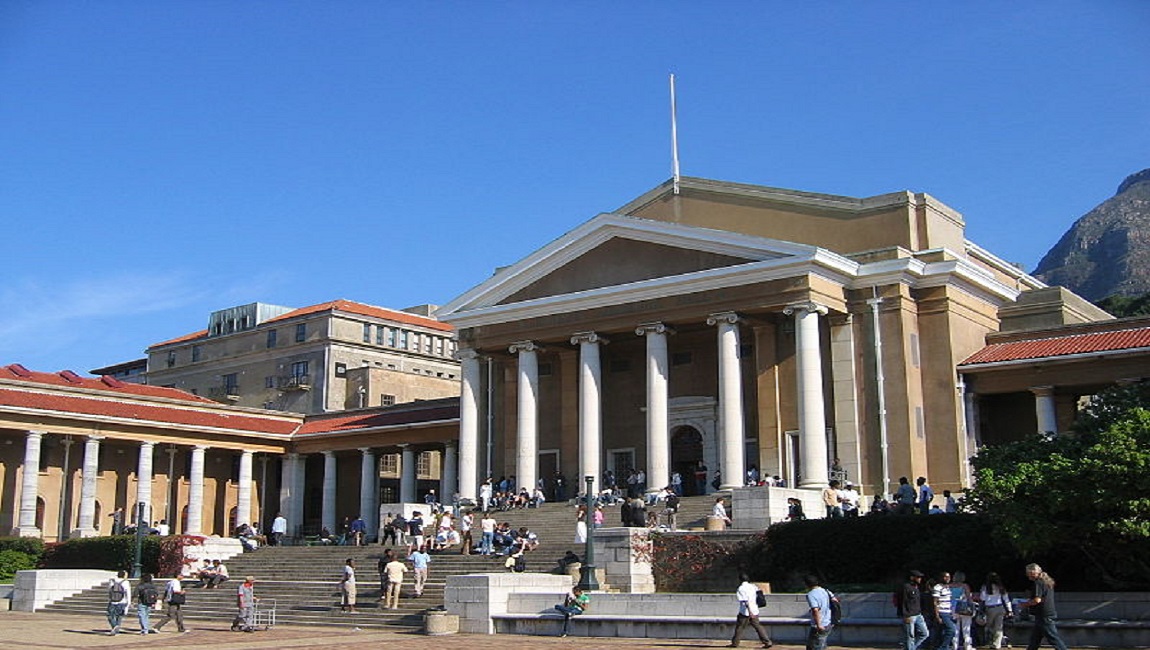Racism in the academic space has reared its head once again. On May 27, University of Cape Town professor, Nicoli Nattrass published an article in the South African Journal of Science. The article was titled: “Why are black South African students less likely to consider studying biological sciences?’.
The paper stemmed from a survey conducted in 2019 on students from the University of Cape Town (UCT). The survey was conducted by researchers from the Institute for Communities and Wildlife in Africa at UCT. Nattrass said the survey drew attention to the “under-researched question: why do conservation biology, zoology and the other biological sciences subjects struggle to attract black South African students?”
She said that a large part of the answer is “persisting inequalities in the schooling system make it less likely that they will meet the entrance requirements for science courses.” However, from her research, Nattrass came to the conclusion that there are other reasons such as “materialist values and aspirations (pertaining to occupation and income) as well as experience with pets and attitudes towards wildlife”. She said another possibility is that following on from the Fees Must Fall protests of 2015/2016, wildlife conservation might be regarded as colonial.
In the paper she says “students might perceive a trade-off between social justice and conservation.” Nattrass herself notes that the sample of 211 students (obtained by approaching students during the lunch break) is no “representative” of UCT students. However, she maintains that the data allows for some exploration of “attitudinal differences between black South African students and others”
The study also reportedly found that a strong relationship between the number of different pets owned by students influenced whether they had considered studying biological sciences. The paper said: “pet ownership is more affordable for middle- and upper-income groups.” Nattrass said that an interest in studying conservation might grow as the black middle class grows.
The Black Academic Caucus (BAC) at UCT said that they are outraged at yet another academic paper with racist undertones. The BAC said since the paper was published in the South African Journal of Science, they’ve treated it as a “quantitative scientific paper and judge it on its scientific merits.” They question how a supposedly rigorous science journal published a paper that fails the basic requirements.
“This research by Nattrass presses on that painful colonial wound,” said the BAC statement. The statement points out that Nattrass makes many claims that are unsubstantiated such as “black students are indisposed to studying the biological sciences because of their materialism and culture.”
The BAC statement said they were not surprised “white academics design research framed in a fashion that disqualifies the aspirations of black people.” The statement said this feeds into a larger narrative that is neither kind of charitable.
The BAC has called on UCT to condemn the research, the responsible faculty ethics committee, the South African Journal of Sciences and the reviewers of this paper to explain why they allowed such harmful research to be conducted.
The UCT executive committee released a statement saying that they were concerned that the paper has methodological and conceptual flaws that raise questions about the standard and ethics of research at UCT.
“The paper is offensive to black students at UCT; black people in general and to any academic who understands that the quality of research is inextricably linked to its ethical grounding.”
The UCT executive distances itself from the content of the paper.
Update: (June 6 2020) Nattrass responded to the BAC statement around her paper. She has rejected the accusations levelled against her by the UCT executive and says the executive has “legitimated scholarly intolerance.”
“The statement bears the hallmarks of a rushed, error-filled, hatchet-job in response to political pressure from the Black Academic Caucus (BAC) and student activists,” said Nattrass.
In response to the BAC statement, Nattrass said: “The BAC should rather engage in academic debate in the pages of the journal rather than seek to censor it. The BAC’s misrepresentation of the Commentary suggests a wilful attempt to advance an ideological agenda through manufacturing and mobilising outrage.”
Update: (June 09 2020) The BAC has responded to statements around Nattrass.
Authors note: This piece has been updated with professor Nattrass’s and the BAC’s latest comments.









